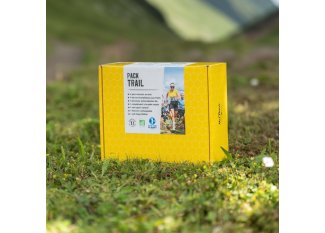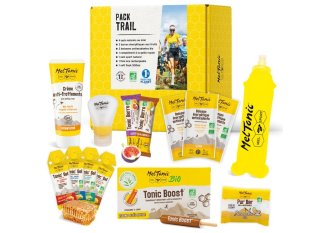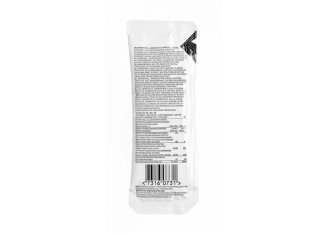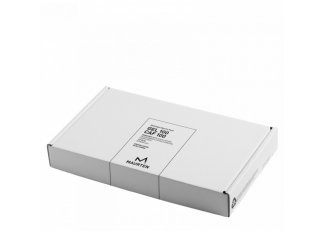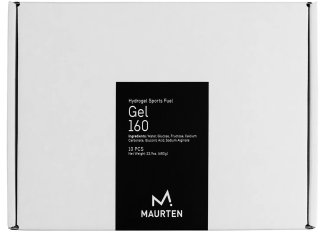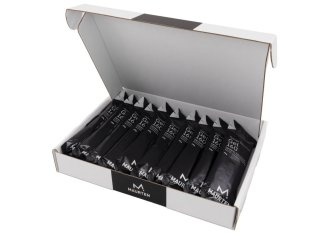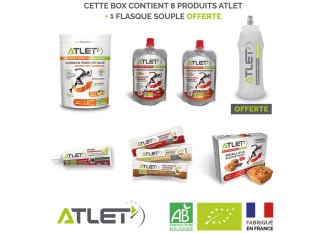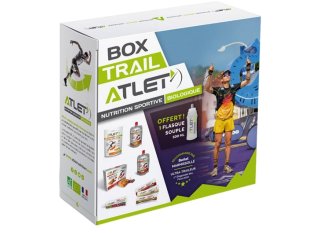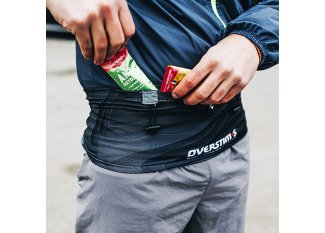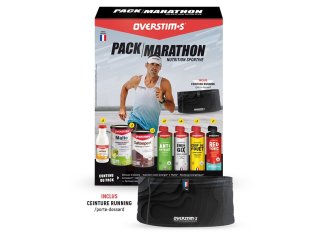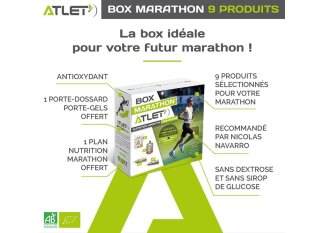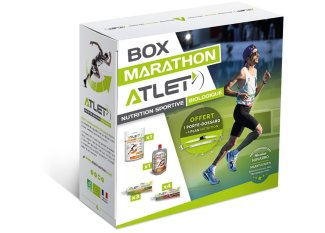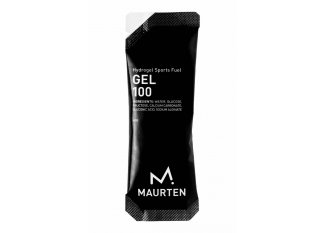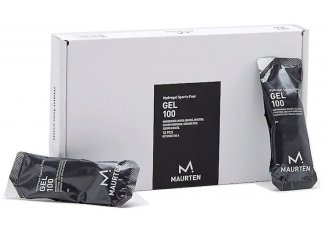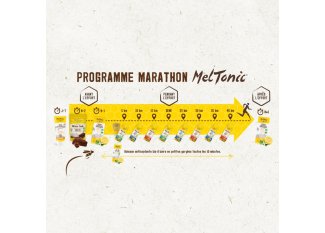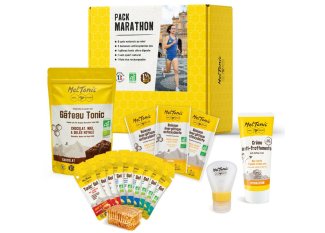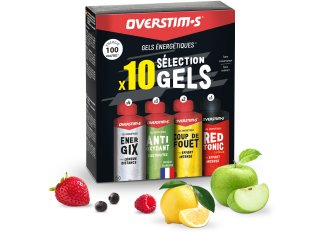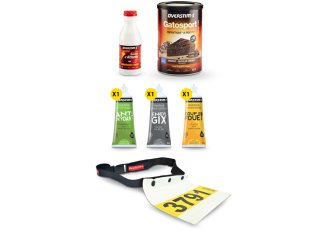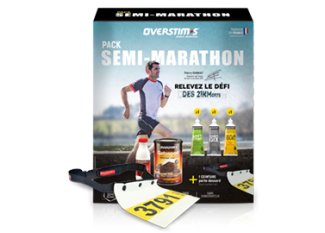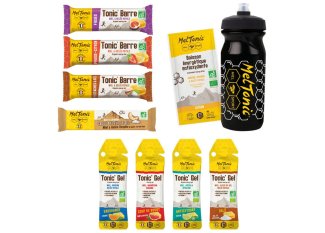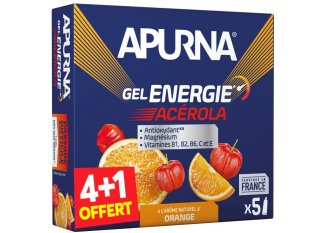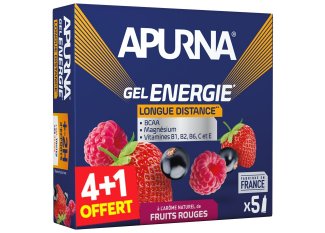Why use Energy Gels during long-distance sports?
Despite being widely used by elite athletes, energy gels often suffer from a bad reputation—usually due to a misunderstanding. They’re sometimes blamed for digestive discomfort, but the truth is: a good energy gel, when properly formulated and consumed, is a highly effective performance booster. It must contain significant amounts of sodium, carbohydrates, and various vitamins to meet the demands of endurance sports.
While our daily diet may support light physical activity or everyday tasks, it falls short when it comes to sustained, high-effort exercise. That’s why runners, trail enthusiasts, triathletes, and other endurance athletes need additional carbohydrate intake. Energy gels become essential when your effort exceeds two hours.
What makes a quality Energy Gel?
To be effective, an energy gel must contain a specific blend of ingredients that support the body's needs during prolonged physical effort. It’s unrealistic to rely solely on regular meals to cover those needs—this is where gels come in.
Look for energy gels that include:
- Magnesium: Crucial for proper muscle contraction, especially during long, demanding sessions. Highly recommended for endurance athletes.
- Potassium: Lost through sweat, especially in hot conditions. Replenishing potassium is key to maintaining performance and avoiding cramps.
- Vitamins C & E: Known for their antioxidant properties, these vitamins help repair cellular damage and support faster recovery after intense physical activity.
- BCAAs (Branched-Chain Amino Acids): These support muscle repair and recovery, especially after marathons or high-intensity workouts.
When to take an Energy Gel?
One golden rule all seasoned athletes follow: never try a new product on race day. This includes energy gels. Test them during training to find the right product and timing for your body. Some people feel the effects within minutes, while others may need 20 minutes or more to notice the benefits—everyone’s metabolism is different.
It’s also not recommended to start your competition having consumed only an energy gel. Have a balanced pre-race snack to ensure you're fueled appropriately. Gels are meant to supplement, not replace, your nutrition. Ideally, you can take the equivalent of one gel around an hour into your effort.
As for frequency, it will vary depending on your body and tolerance, but a common recommendation is two gels per hour during intense activity.
Lastly, keep in mind: your stomach functions differently during a race. Digestion slows down, so choose gels that are easy to absorb and gentle on the stomach.
And to complete your sports nutrition routine, explore our full range on i-Run: protein powders, bars, packs, and supplements—there’s something for everyone. For even more tailored support before, during, or after exercise, our range of sports supplements and powder mixes can help you refine your nutrition strategy and reach your performance goals faster.

